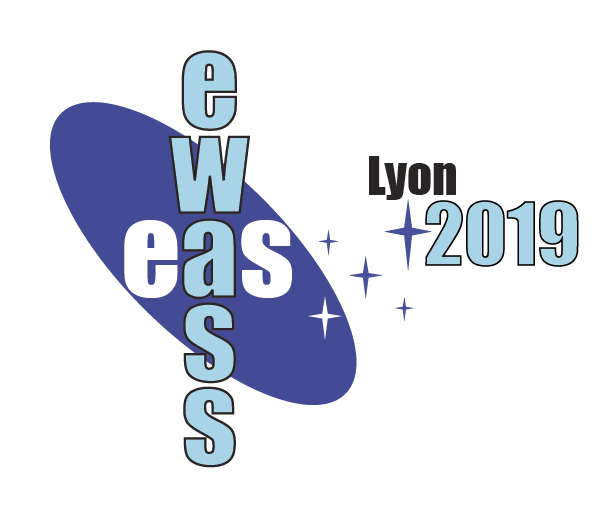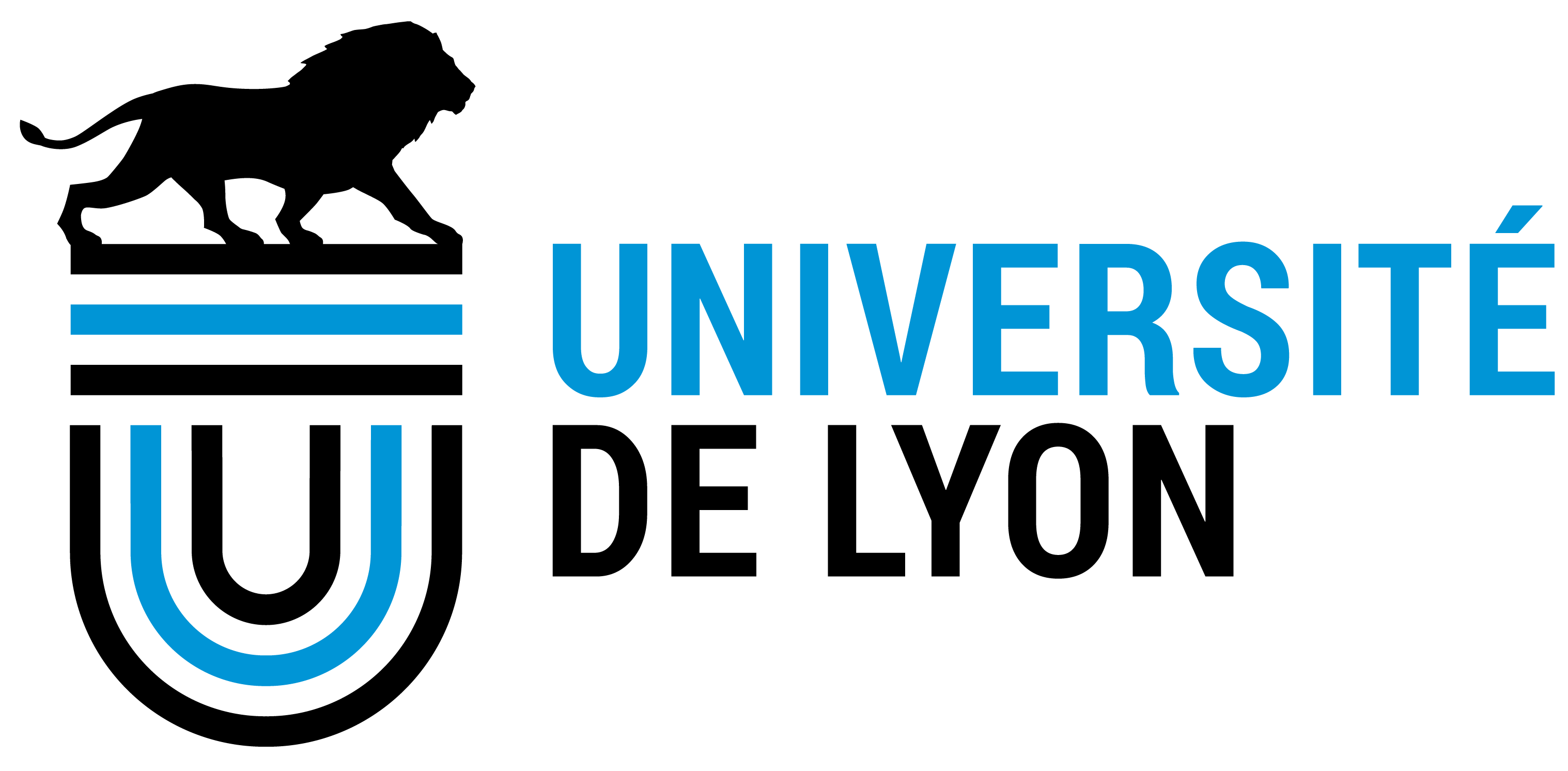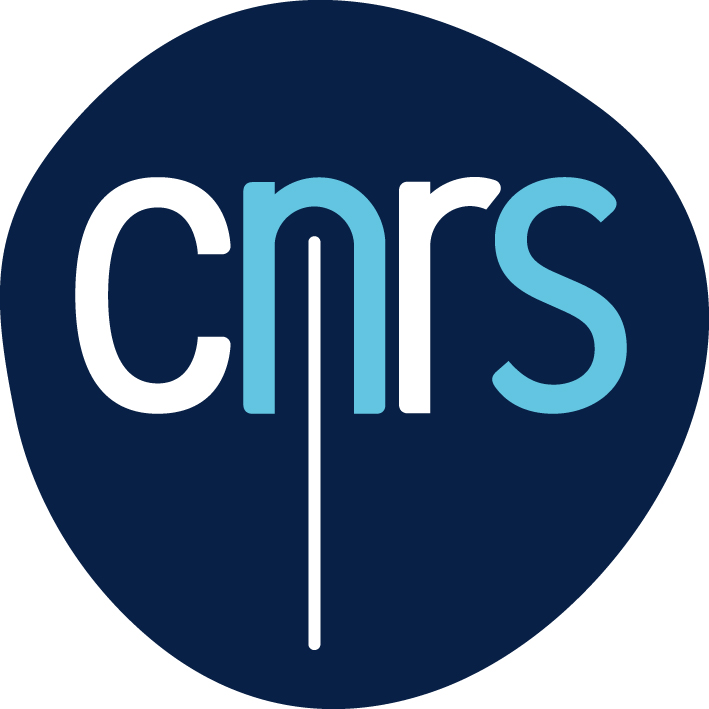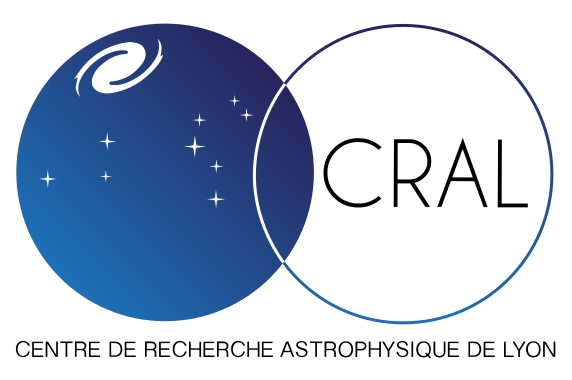
|
Special Session SS38
27 June 2019
European Forum of Astronomical Communities
Summary of Goals:
Rationale: European astronomy still often relies on optical night-time telescopes of modest size in mediocre sites, although observational opportunities also exist at the ESO observatories and elsewhere, in space through the European Space Agency (ESA), in radio astronomy and in European-scale facilities at other wavelengths. Cooperation agreements have been signed with some of these projects and countries, but not all such arrangements are effectively used for astronomical science, and bureaucratic obstacles may impede the progress of some national communities. Despite good intentions and some notable exceptions, overall progress has been disappointingly slow. The European Astronomical Society (EAS) and the ASTRONET consortium of funding agencies for European astronomy have joined forces in establishing the European Forum of Astronomical Communities (FORUM), combining the grassroots contacts of the EAS with the financial resources of the agencies. Their common long-term goal is the successful use of the next generation of large research infrastructures by the entire European scientific community, and the gradual elimination of the imbalance between more and less developed regions in European astronomy. The goal of the FORUM is to discuss and initiate a set of pragmatic bottom-up actions to make visible progress wherever possible. Programme Session I: Setting the scene
Session II (Lunch Session): Opportunities and examples
Invited speakers
Scientific organisers Lex Kaper - EAS (The Netherlands) Agata Karska - Nicolaus Copernicus University (PL) Laszlo Kiss - Konkoly Observatory (HU) Nigel Mason - University of Kent (UK) Andrew Williams - ESO (DE) Lukasz Wyrzykowski - University of Warsaw (PL) Contact Lukasz Wyrzykowski lw @ astrouw.edu.pl, Agata Karska agata.karska @ umk.pl Updated on Tue Apr 09 12:13:40 CEST 2019
|
||||||||||||||
|
European Week of Astronomy and Space Science / The annual meeting of the EAS |
|||||||||||||||
 A power cut will shut down all EAS services on Tuesday, 10 January 2017 starting at 7:30 CET.
A power cut will shut down all EAS services on Tuesday, 10 January 2017 starting at 7:30 CET.





